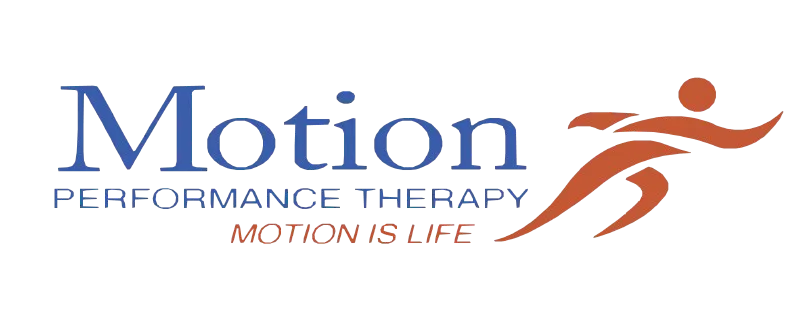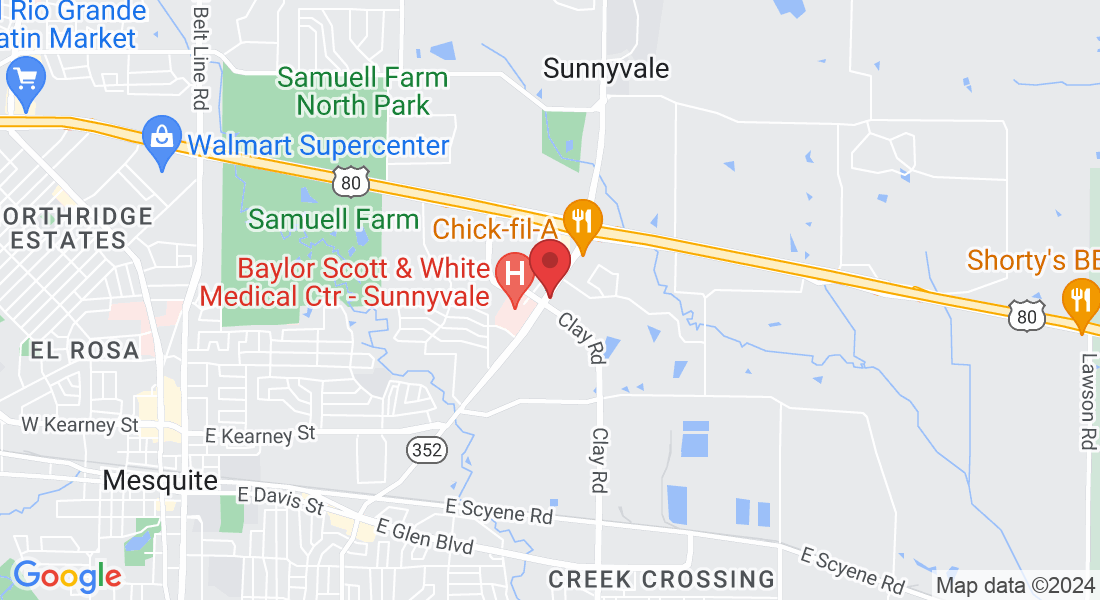214-256-3778
(214) 256-3770


Flat Feet Specialist
If you have flat feet, you may find that your feet and ankles always seem to be sore and swollen. Before your flat feet cause you another day of discomfort, see how the expert team at Dallas Orthopedic & Shoulder Institute, with locations in Sunnyvale and Kaufman, Texas, can help. Click on the online booking feature to schedule your flat feet evaluation or call any office directly today.


Flat Feet Specialist
If you have flat feet, you may find that your feet and ankles always seem to be sore and swollen. Before your flat feet cause you another day of discomfort, see how the expert team at Dallas Orthopedic & Shoulder Institute, with locations in Sunnyvale and Kaufman, Texas, can help. Click on the online booking feature to schedule your flat feet evaluation or call any office directly today.
Flat Feet Q & A
What causes flat feet?
Flat feet, also referred to as fallen arches, mean that you have little to no gaps in the inner parts of your feet. This is one of the most common pediatric foot issues, and while many children outgrow their flat feet, sometimes this foot deformity extends into adulthood. You can also develop flat feet as an adult due to:
✔ Naturally weak arches
✔ Sports injuries or trauma
✔ Being overweight or obese
✔ Chronic diseases, like diabetes
✔ Arthritis, particularly rheumatoid arthritis
✔ Damage or injury to your posterior tibial tendon
✔ Nervous system or muscle conditions, including cerebral palsy and muscular dystrophy
Because of hormonal fluctuations associated with pregnancy, as well as weight gain, women commonly develop flat feet in the latter part of their pregnancies.
When should I see a doctor about flat feet?
Even if your flat feet don’t seem to be bothering you too much, it’s still important to have a comprehensive flat feet evaluation to prevent future problems. The highly-trained team at Dallas Orthopedic & Shoulder Institute encourage you to come in for a flat feet exam if you’re experiencing:
✔ Under- or overpronation
✔ Arch, heel, or ankle pain
✔ Swelling around your heels or ankles
✔ Foot stiffness or limited range of motion
The team at Dallas Orthopedic & Shoulder Institute also wants you to come in right away if your flat feet symptoms are starting to affect your exercise or sporting routine, job functions, or any recreational activities.
How are flat feet treated?
Treating flat feet depends on the underlying cause, as well as the severity of your symptoms. Your flat feet treatment plan from Dallas Orthopedic & Shoulder Institute may include:
✔ Nonsteroidal anti-inflammatory drugs (NSAIDs)
✔ Weight-loss planning (if needed)
✔ Specialized stretches
✔ Supportive shoes Physical therapy
✔ Ankle brace
Because flat feet affect your overall alignment and can lead to secondary pain-causing issues, including lower back pain, the team at Dallas Orthopedic & Shoulder Institute works diligently to help you find the best solution to relieve discomfort and pain.
If your doctor determines that it’s needed, Dallas Orthopedic & Shoulder Institute offers flat foot reconstructive surgery to correct deformities and create a more supportive arch.
You could be a good candidate for a reconstructive surgical procedure like osteotomy, fusion, ligament reconstruction, tendon transfers, or other surgical procedures to correct flat feet and give you a better quality of life.
If you’re experiencing pain or discomfort from flat feet and are looking for a solution, schedule an evaluation at Dallas Orthopedic & Shoulder Institute by calling the office nearest you or booking online today.
Flat Feet Q & A
What causes flat feet?
Flat feet, also referred to as fallen arches, mean that you have little to no gaps in the inner parts of your feet. This is one of the most common pediatric foot issues, and while many children outgrow their flat feet, sometimes this foot deformity extends into adulthood. You can also develop flat feet as an adult due to:
✔ Naturally weak arches
✔ Sports injuries or trauma
✔ Being overweight or obese
✔ Chronic diseases, like diabetes
✔ Arthritis, particularly rheumatoid arthritis
✔ Damage or injury to your posterior tibial tendon
✔ Nervous system or muscle conditions, including cerebral palsy and muscular dystrophy
Because of hormonal fluctuations associated with pregnancy, as well as weight gain, women commonly develop flat feet in the latter part of their pregnancies.
When should I see a doctor about flat feet?
Even if your flat feet don’t seem to be bothering you too much, it’s still important to have a comprehensive flat feet evaluation to prevent future problems. The highly-trained team at Dallas Orthopedic & Shoulder Institute encourage you to come in for a flat feet exam if you’re experiencing:
✔ Under- or overpronation
✔ Arch, heel, or ankle pain
✔ Swelling around your heels or ankles
✔ Foot stiffness or limited range of motion
The team at Dallas Orthopedic & Shoulder Institute also wants you to come in right away if your flat feet symptoms are starting to affect your exercise or sporting routine, job functions, or any recreational activities.
How are flat feet treated?
Treating flat feet depends on the underlying cause, as well as the severity of your symptoms. Your flat feet treatment plan from Dallas Orthopedic & Shoulder Institute may include:
✔ Nonsteroidal anti-inflammatory drugs (NSAIDs)
✔ Weight-loss planning (if needed)
✔ Specialized stretches
✔ Supportive shoes Physical therapy
✔ Ankle brace
Because flat feet affect your overall alignment and can lead to secondary pain-causing issues, including lower back pain, the team at Dallas Orthopedic & Shoulder Institute works diligently to help you find the best solution to relieve discomfort and pain.
If your doctor determines that it’s needed, Dallas Orthopedic & Shoulder Institute offers flat foot reconstructive surgery to correct deformities and create a more supportive arch.
You could be a good candidate for a reconstructive surgical procedure like osteotomy, fusion, ligament reconstruction, tendon transfers, or other surgical procedures to correct flat feet and give you a better quality of life.
If you’re experiencing pain or discomfort from flat feet and are looking for a solution, schedule an evaluation at Dallas Orthopedic & Shoulder Institute by calling the office nearest you or booking online today.
Our Patient Reviews
Our Locations
Dallas Orthopedic and Shoulder Institute - Sunnyvale
Office Hours
Monday through Friday - 8:00am – 5:00pm
Saturday & Sunday – CLOSED
Dallas Orthopedic and Shoulder Institute - Sunnyvale
Clinic Hours
Monday through Thursday - 7:00 am - 5:30pm
Friday, Saturday & Sunday - CLOSED
Phone Number:
214-256-3778
Address
222 South Collins Road, Suite 101
Sunnyvale, TX 75182
Dallas Orthopedic and Shoulder Institute - Kaufman
Office Hours
Monday through Thursday - 8:00am –5:00pm
Friday, Saturday & Sunday - CLOSED
Motion Performance Therapy - Kaufman
Clinic Hours
Monday through Thursday - 8:00am –5:00pm
Friday, Saturday & Sunday - CLOSED
Phone Number:
214-256-3778
Address
874 Ed Hall Dr Suite 104, Kaufman, TX 75142 (Professional building next to Texas Health Presbyterian Hospital in Kaufman)


Copyright 2023 Dallas Orthopedic and Shoulder Institute. All rights reserved
Our Patient Reviews
Our Locations
Dallas Orthopedic and Shoulder Institute - Sunnyvale
Office Hours
Monday through Friday - 8:00am – 5:00pm
Saturday & Sunday – CLOSED
Motion Performance Therapy - Sunnyvale
Clinic Hours
Monday through Thursday - 7:00 am - 5:30 pm
Friday, Saturday & Sunday - CLOSED
Phone Number:
214-256-3778
Address
222 South Collins Road, Suite 101
Sunnyvale, TX 75182
Dallas Orthopedic and Shoulder Institute - Kaufman
Office Hours
Monday through Thursday - 8:00am – 5:00pm
Friday, Saturday & Sunday - CLOSED
Motion Performance Therapy - Kaufman
Clinic Hours
Monday through Thursday - 7:00 am - 5:30 pm
Friday, Saturday & Sunday - CLOSED
Phone Number:
214-256-3778
Address
874 Ed Hall Dr Suite 104, Kaufman, TX 75142 (Professional building next to Texas Health Presbyterian Hospital in Kaufman)





